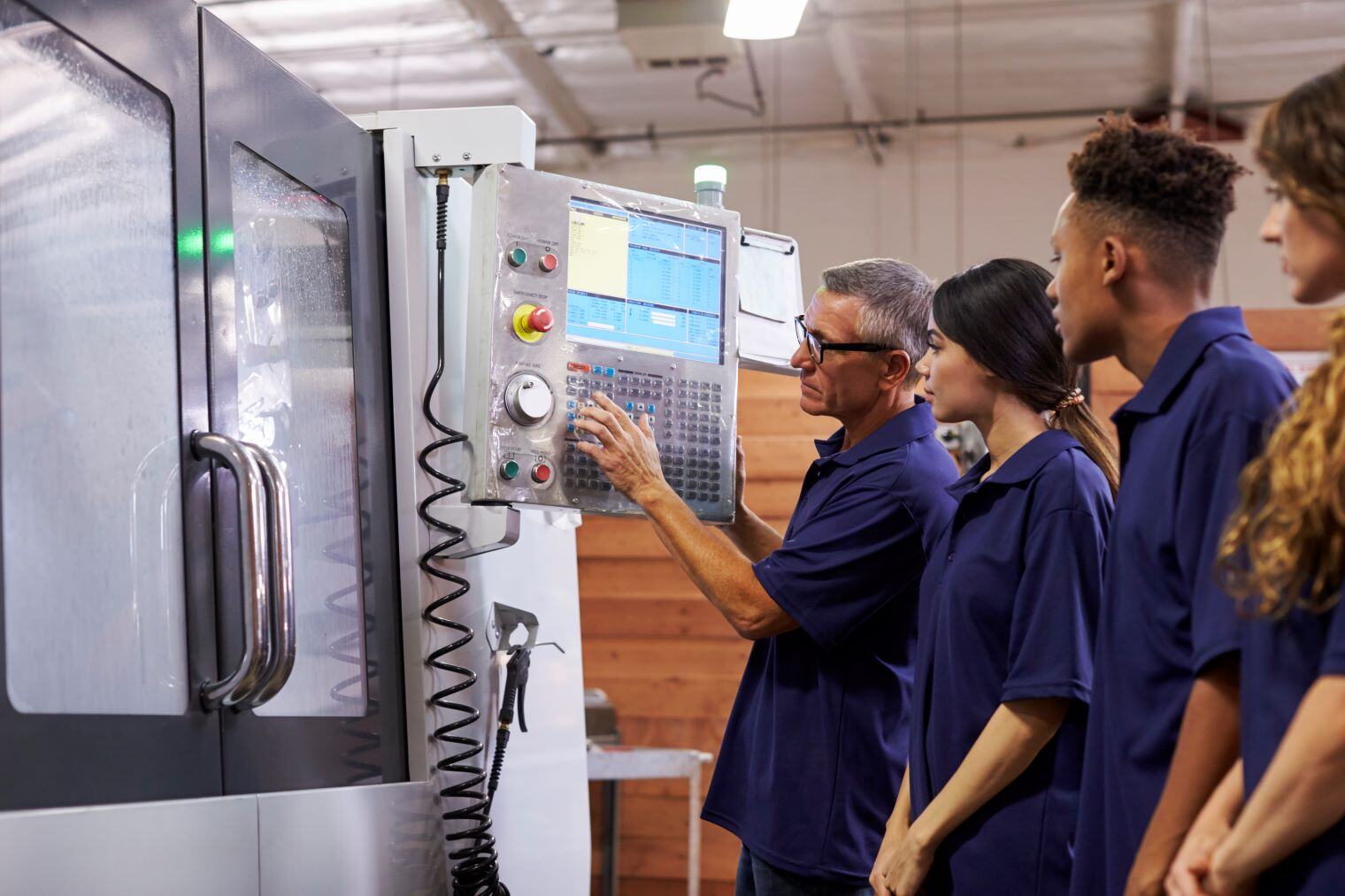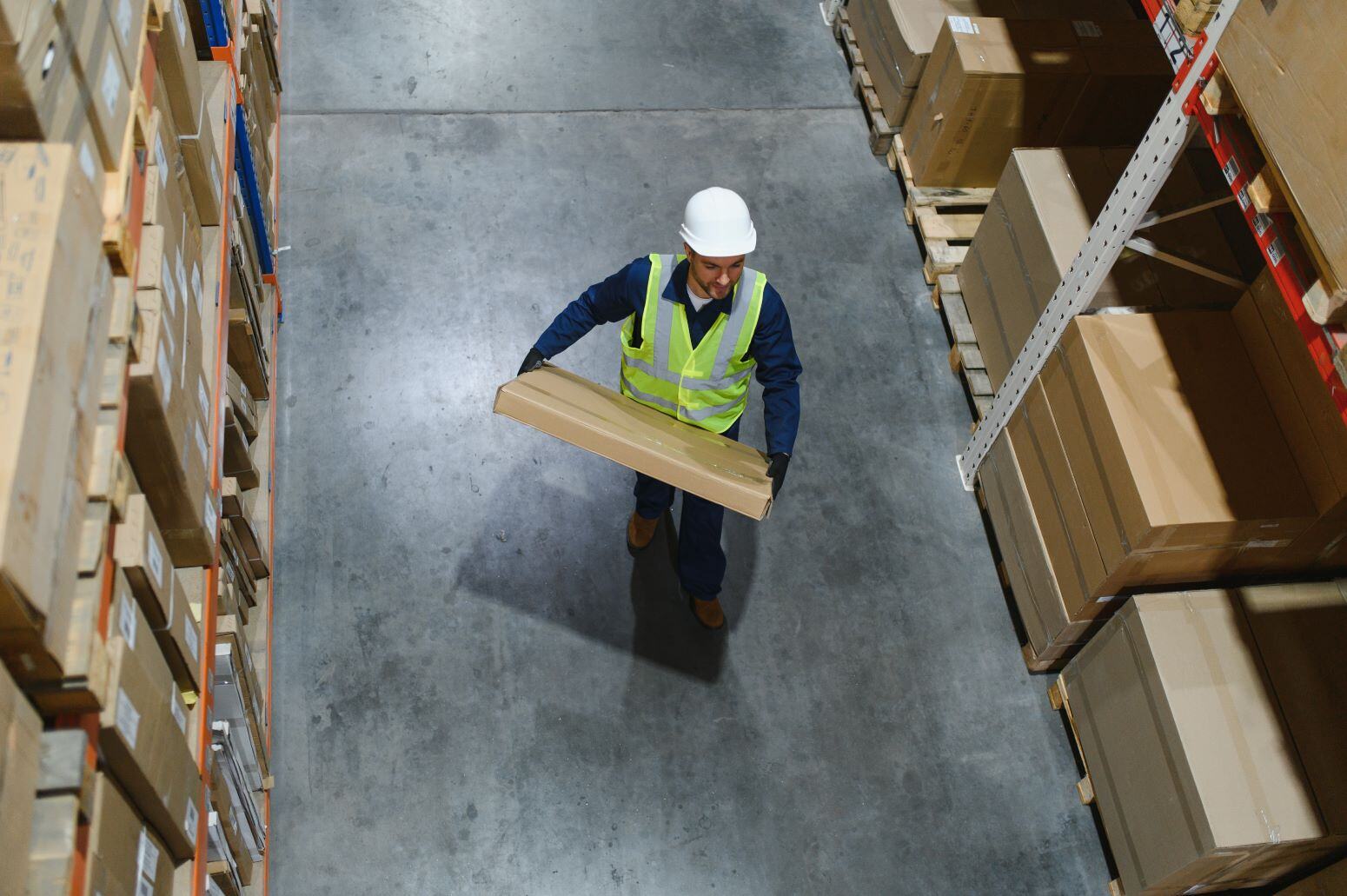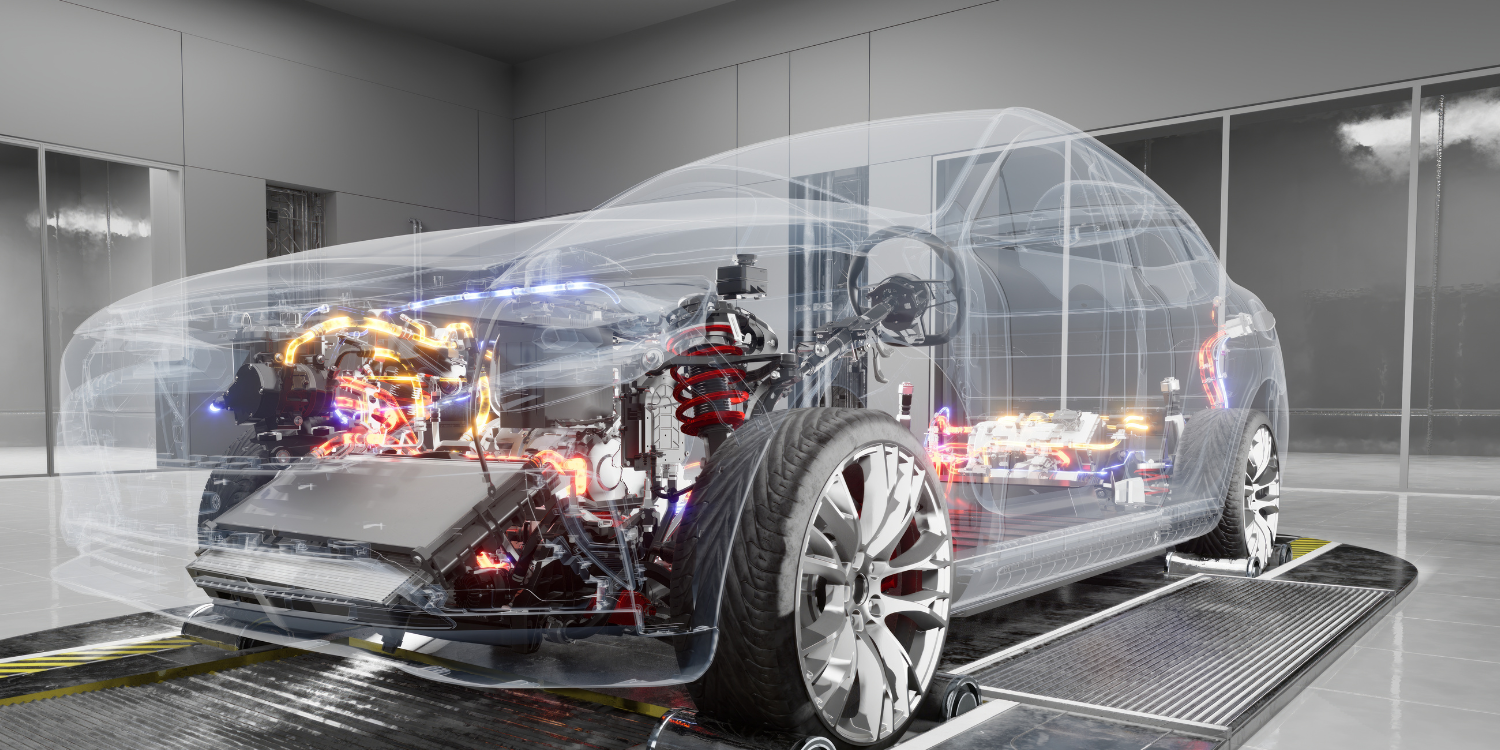Revolutionizing Manufacturing: The Unstoppable Rise of Innovation

Post Categories
Angela
Introduction
The manufacturing industry has come a long way since the industrial revolution, but it is experiencing an unprecedented surge in innovation. Advancements in technology, new materials, data analytics, and automation are transforming the way products are designed, produced, and delivered. In this blog, we will explore some of the most remarkable innovations that are shaping the future of manufacturing and driving it toward unparalleled efficiency and sustainability.
1. Additive Manufacturing (3D Printing)
One of the most significant breakthroughs in manufacturing is additive manufacturing, commonly known as 3D printing. Unlike traditional subtractive methods, which involve cutting away material to create a product, 3D printing builds objects layer by layer using various materials such as plastics, metals, ceramics, and even food.
This technology enables rapid prototyping, reduced waste, and greater design freedom. Complex geometries that were once impossible or costly to manufacture are now achievable with ease. The potential of 3D printing extends beyond product development; it has found applications in aerospace, healthcare, automotive, and more. As this technology becomes more accessible and cost-effective, we can expect it to revolutionize supply chains and localized manufacturing.
2. Internet of Things (IoT) and Industry 4.0
The integration of IoT devices and smart sensors in manufacturing processes has given rise to Industry 4.0. With real-time data collection and analysis, manufacturers can monitor and optimize production, predict maintenance needs, and ensure quality control.
IoT enables "smart factories" where machines communicate with each other, leading to increased efficiency and reduced downtime. Manufacturers can now implement predictive maintenance, track inventory, and automate logistics, all contributing to lower costs and enhanced productivity.
3. Artificial Intelligence (AI) and Machine Learning
The advent of AI and machine learning has unlocked new dimensions of manufacturing innovation. These technologies can analyze vast amounts of data, identify patterns, and optimize processes, leading to improved decision-making and resource utilization.
AI-driven robots and cobots (collaborative robots) are enhancing human-robot collaboration in manufacturing, increasing safety and productivity. Additionally, AI-powered predictive analytics can optimize demand forecasting and production planning, ensuring that manufacturers can meet consumer needs with greater accuracy.
4. Sustainable Manufacturing
Innovation in manufacturing is not just about efficiency; it also emphasizes sustainability. Companies are increasingly recognizing the importance of eco-friendly practices and reducing their environmental footprint.
Sustainable manufacturing techniques include using recycled materials, implementing energy-efficient processes, and adopting circular economy principles. Manufacturers are embracing cleaner production methods and exploring renewable energy sources to power their operations. These initiatives not only contribute to a greener planet but can also lead to cost savings in the long run.
5. Robotics and Automation
Automation has been reshaping manufacturing for several decades, but recent advancements in robotics have taken this to a whole new level. Robots are now more flexible, capable of performing intricate tasks with precision. They can handle dangerous or monotonous jobs, freeing up human workers to focus on more creative and strategic aspects of production.
With the help of machine vision, robots can "see" and adapt to changes in their environment, making them even more versatile. As the technology matures, we can anticipate increased adoption across industries, streamlining production and further reducing operational costs.
Conclusion
The innovation of manufacturing is an ongoing journey with no end in sight. As technology continues to advance, so will the potential for groundbreaking innovations. From 3D printing to IoT, AI, sustainable practices, and advanced robotics, the manufacturing industry is poised for a revolution that will change the way products are conceived and created.
Embracing these innovations is not just a matter of staying competitive; it is about driving progress toward a more sustainable, efficient, and interconnected future. Manufacturers must adapt and invest in these transformative technologies to unlock their full potential and embrace the wave of innovation that is reshaping the industry as we know it. Together, we can usher in a new era of manufacturing excellence that benefits businesses, consumers, and the planet alike.


